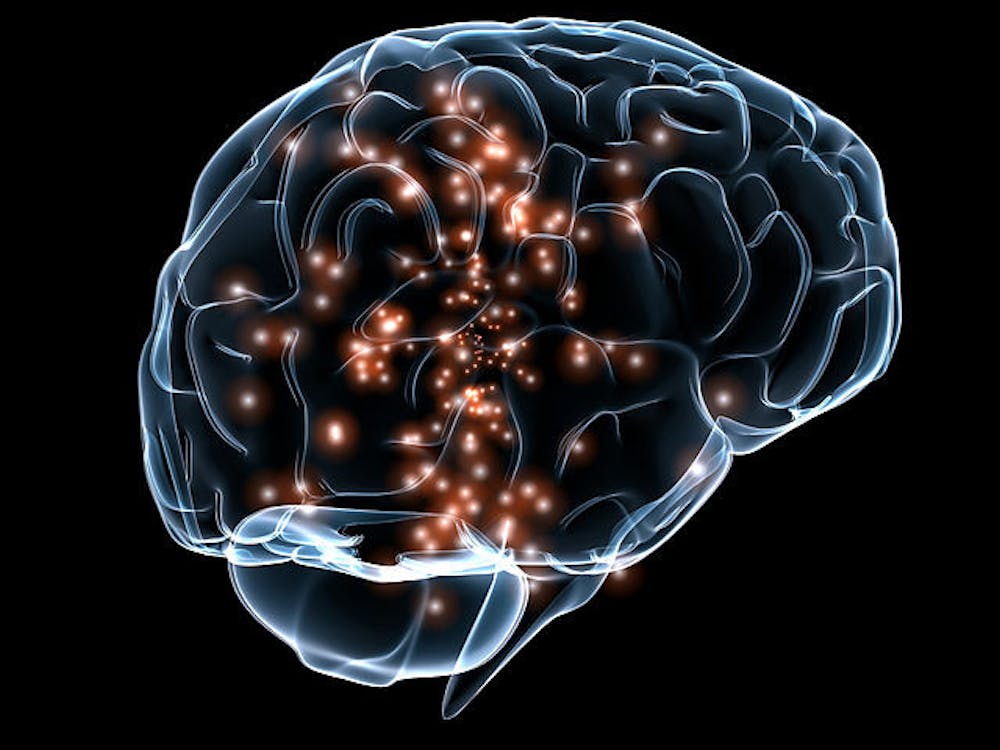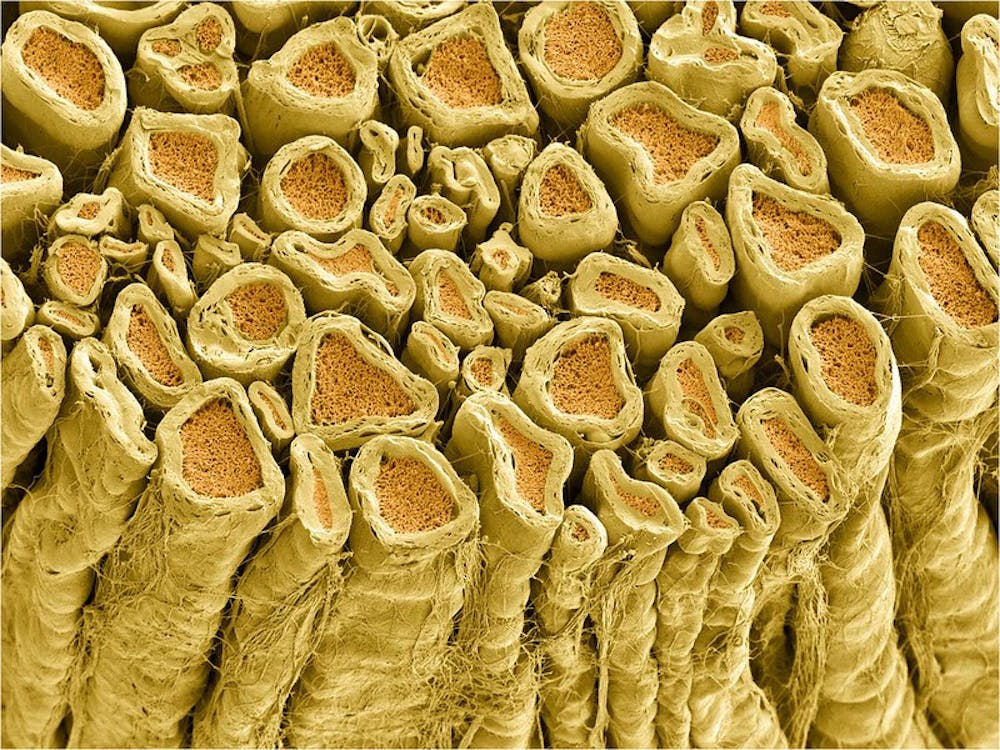Ethanol in alcohol, as well as its metabolite acetaldehyde, can lead to direct and permanent structural and functional changes to the brain. Heavy drinking is commonly associated with unintentional accidents such as car crashes and falls.
Additionally, drinking is also associated with thiamine deficiency, which is a phenomenon that leads to Korsakoff’s syndrome.
Besides its apparent association with several health problems, heavy drinking is also a potential catalyst for dementia.
In a recent study published in The Lancet Public Health journal, Michael Schwarzinger of the Translational Health Economics Network in Paris, France and colleagues identified that alcohol disorders are a major risk factor for all types of dementia, especially early onset dementia.
In the U.S., binge drinking is a serious but preventable public health issue. Binge drinking, according to National Institute on Alcohol Abuse and Alcoholism (NIAAA), is a pattern of drinking that raises the blood alcohol concentration above 0.08g/dL.
This typically occurs either when men have five or more drinks or when women have four or more drinks over a span of two hours or less.
According to the Centers for Disease Control and Prevention (CDC), one in six adults binge drink about four times in a month, and each of them drinks approximately eight drinks every time. Of those who binge drink, men tend to binge drink twice as much as women.
A “heavy drinker” is defined by the CDC as an individual who consumes 15 or more drinks per week. Unsurprisingly, heavy drinking can have detrimental effects on the body.
In Schwarzinger’s study, the researchers analyzed data from a nationwide cohort of adults above age 20 who were admitted to hospitals in France from 2008 to 2013. They discovered that of the 31,624,156 adults discharged, 1,109,343 were diagnosed with some form of dementia.
Among the 57,353 (5.2 percent) cases of people diagnosed with early-onset dementia, 22,338 (38.9 percent) of the patients had alcohol related brain damage and 10,115 (17.6 percent) had other alcohol-use disorders, including end-stage liver diseases and epilepsy.
Jürgen Rehm, the director of the Center for Addiction and Mental Health (CAMH) Institute for Mental Health Policy Research, elaborated on the new findings.
“The findings indicate that heavy drinking and alcohol use disorders are the most important risk factors for dementia, and especially important for those types of dementia which start before age 65, and which lead to premature deaths,” Rehm said, according to ScienceDaily.
Bruce Pollock, CAMH vice president of research, shared his frequent encounters with dementia patients who were too late to receive alcohol treatment interventions and identified the need for earlier prevention in primary care.
“As a geriatric psychiatrist, I frequently see the effects of alcohol use disorder on dementia, when unfortunately alcohol treatment interventions may be too late to improve cognition,” Polluck said, according to ScienceDaily. “Screening for and reduction of problem drinking, and treatment for alcohol use disorders need to start much earlier in primary care.”
The research team stated that alcohol-related dementia should be recognized as a major cause of early-onset dementia.
Researchers suggested that early and brief interventions (such as structured, motivated interviews to help individuals change alcohol consumption habits) are cost-effective methods that should be implemented into primary care. They also suggested changes in alcohol policies, such as a reduction in availability or an increase in taxation, that aimed at reducing alcohol-use disorders.
“Alcohol-induced brain damage and dementia are preventable, and known-effective preventive and policy measures can make a dent into premature dementia death,” Rehm said.
















Please note All comments are eligible for publication in The News-Letter.